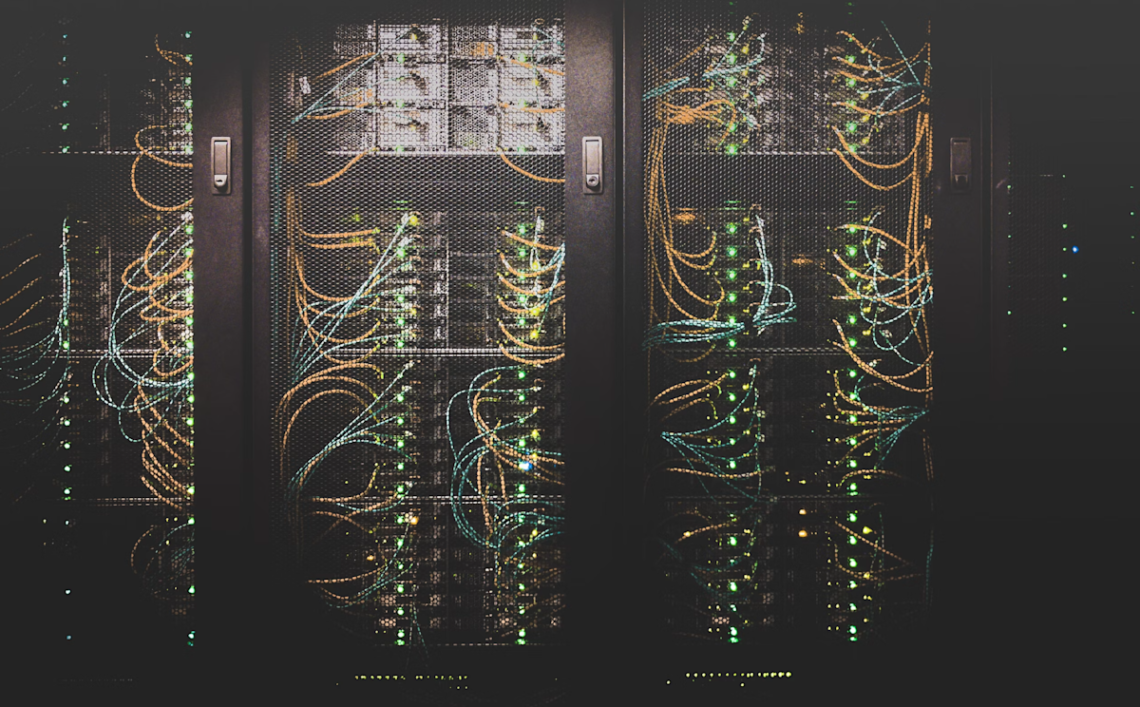A pair of studies analyzing the effects of AI on our planet have been released and the news is fairly grim. Greenpeace studied the emissions generated from the production of the semiconductors used in AI chips and found that there was a fourfold increase in 2024. This analysis was completed using publicly available data.
Many of the big chipmakers like NVIDIA rely on companies like Taiwan Semiconductor Manufacturing Co and SK Hynix Inc. for the components of GPUs and memory units. Most of this manufacturing happens in Taiwan, South Korea and Japan, where power grids are primarily reliant on fossil fuels. This accounts for some of the increase in global emissions. The organization also says that global electricity requirements for AI could experience a 170-fold increase by 2030.
Greenpeace’s estimates have led some to worry that the AI race could derail global decarbonization goals, according to a report by Bloomberg. The nonprofit recommends that governments in eastern Asia transition to renewable power for chip manufacturing, but the opposite seems to be happening. South Korea recently announced plans to build plants for four gigawatts of gas-fired power generation. Taiwan has used the increased power demand related to AI as an excuse to expand liquid natural gas projects and grid infrastructure.
Another study by The International Energy Agency (IEA) took a look at the US. The analysis suggested that power consumption by AI-adjacent data centers could account for half of the growth in electricity demand by 2030. As a matter of fact, the US economy could be on track to consume more electricity for processing data than for manufacturing all energy-intensive goods combined. This includes aluminum, steel, cement and chemicals.
Electricity demand from global data centers could more than double by 2030 to around 945 terawatt-hours (TWh). That’s more than the entire electricity consumption of Japan. It’s a whopping 30 times more than the electricity consumption of Ireland.
Proponents of AI say that the massive energy needs will eventually abate as the technology leads to scientific discoveries that accelerate innovation in fields like batteries and solar photovoltaic (PV) technology. However, that’s a big fat maybe.
The post Global emissions due to AI-related chipmaking grew more than four times in 2024 appeared first on Engadget.




